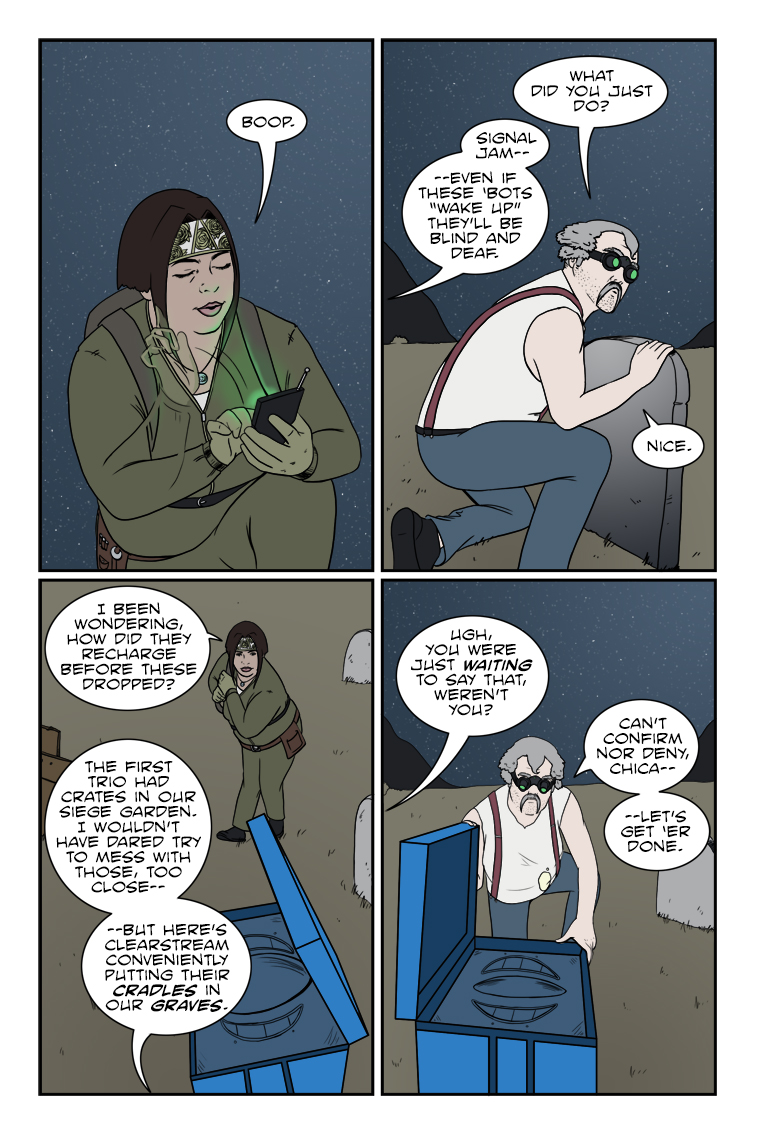Cart
Product categories
Support Us!
If you like what I do please support us on Ko-fi or Patreon.
Follow Us!
Join Our Newsletter!
Vote For Us!
Login
Polls
Events
-
Pasadena Comic Con
Dates: May 24
Location: Pasadena Convention Center, 300 E Green St, Pasadena, CA 91101, USA ( MAP)Details:We will be at the Pasadena Comic Con on January 26th. See some of you there for this one day event!
Purchase tickets online at here: https://www.tixr.com/groups/pcc/events/pasadenacomiccon-pasadena-comic-con-2025-115248
-
San Diego Comic Con: SP-N7
Dates: Jul 23 - 27
Location: San Diego Convention Center, 111 Harbor Dr, San Diego, CA 92101, USA ( MAP)Details:Clint & Dawn Wolf will be at San Diego Comic Con, as Lab Reject Studios. We will be at booth N7 in Small Press.









4 thoughts on “543 – Cradles And Graves”
Keith
Oh lordy, they really are a great couple…though, I suggest adopting.
Anonymous
Consequences be damned, because doing nothing might be worse.
Tommyguada
hi
Crazyman
That was really bad…have an upvote. 😎
Latest Comics
#5. 04 – Mornin’ of the Dead
49 Oct 21, 2009
#4. 03 – A Not-so-pale Horse
60 Oct 14, 2009
#3. 02 – Saddle Up!
50 Oct 07, 2009
#2. 01 – Lights! Camera! Action!
75 Oct 02, 2009
#1. EPISODE ONE
52 Sep 24, 2009
Latest Chapters
Episode 22
Episode 21
Episode 20
Episode 19
Episode 18
Episode 17
543 – Cradles And Graves
Chuck sez: "Never let a covert operation get in the way of a bad pun."
The spaces between
Calendar
BlueSky Latest Posts
Writer’s Blog Archives